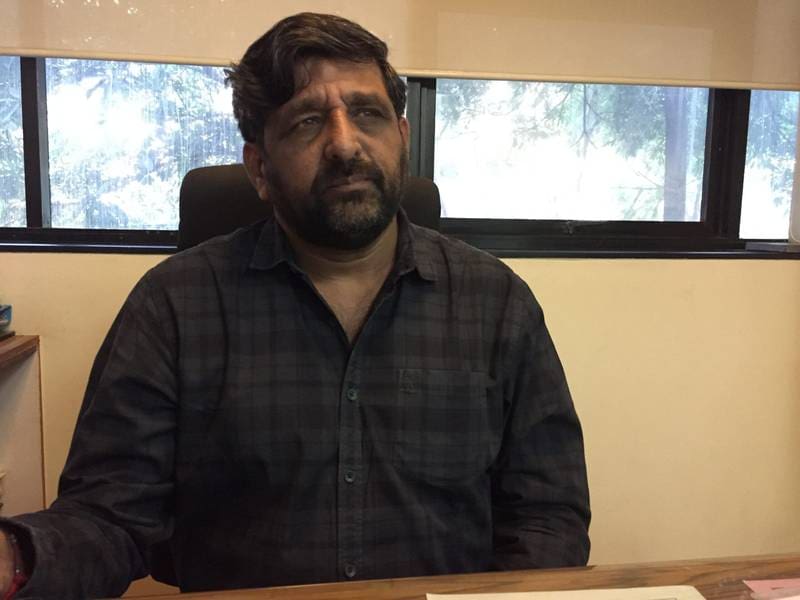Pune: Pune based , Phoenix Textile Engineering is a 3-decade old organization that caters to the needs of yarn and fabric manufacturers across the world. In an exclusive chat with Textile Value Chain, Raghunath Khadilkar, Director of the company says some of the key trends in the Indian textile industry like banks declining loans for spinning mills stating cotton price fluctuation, Bangladesh venturing into newer segments and increase in the adoption of Indian products on along with the other global counterparts.
Raghunath says that the situation is not-so-good as in recent times, there have been no big projects coming to India. If there are no OEM or supplier orders, there will not be any orders for the replacements too. According to him, many companies from China outsourcing their yarn projects to Bangladesh and Vietnam and thus the demand for winding machines had reduced to a great extent. “Bangladesh today depends fully on the textile industry. Now they are getting their roots deeper with yarns, cotton, spinning and even to the level of procuring the raw materials.”, he says telling that Indian companies should think innovatively in terms of technology and geographical reach to match the global competition.
New Markets and focus area:
Phoenix has a market share of more than 60% to 70% in the India market supplying 1.3 million parts of Uster brand. The Indian supplier is getting upgrading according to the industry demands. “Our thought process should align with the needs of the market. There are many talks around geo-technicals, technical textiles, medical textiles. Thus we will be supplying machines and equipment for such manufacturing”, says Raghunath further adding that Indonesia a better market for exporters. According to him, Indonesia is a better market for machine manufacturers. “There is a lack of engineering in that country. If a machine life is said to be for 2 years, Indian textile entities have the capability and back-end support for more than four years, thanks to their extreme knowledge in the background. However, the same product most of the textile entities in Indonesia might not want to take the risk and will be cautious when the machine ages to 1.5 years”, he said. Raghunath also recalls the construction of the plants in Indonesia- proper layout, ample space between machines and after-support mechanism.
On the focus area of the company, in terms of machines, he said, Pawan Bandh Yarn Splicers and Pawan Yarn Suction Devices. “The key challenge, Indian machine makers face is the price factor. There are many agents across India selling products that look-alike like a quality product but at a cheaper cost. While the look and feel might be almost equal, there will be a huge difference in the price factor”, he concluded.
by- B Swaminathan

